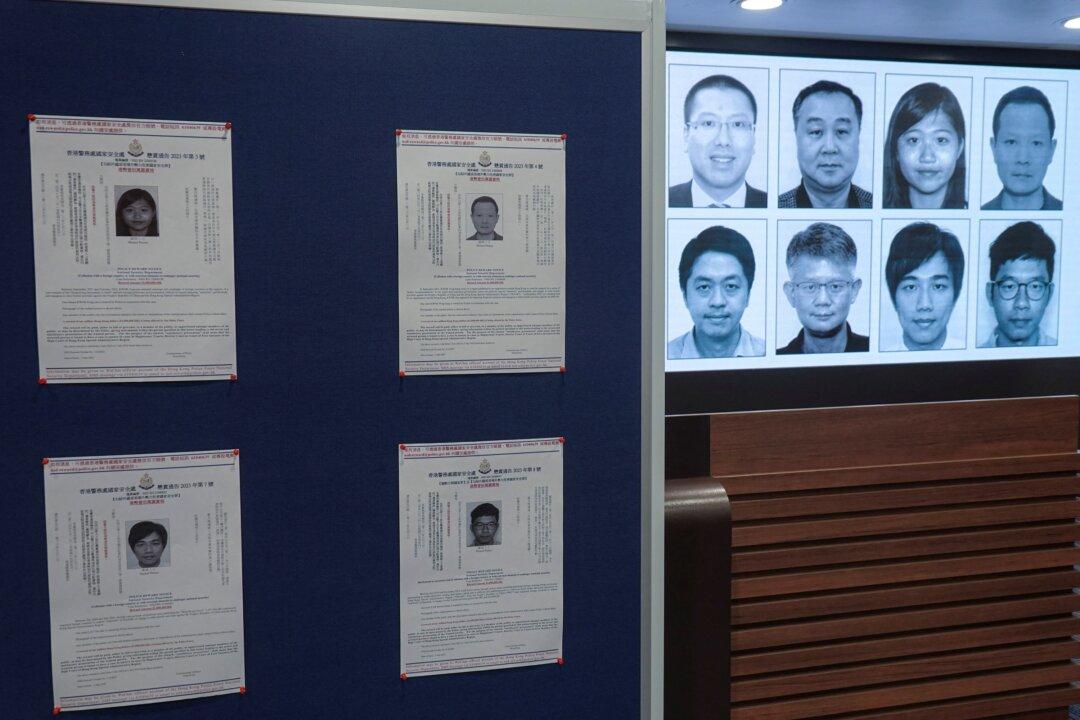Commentary
The revelation that Hong Kong police have placed a bounty on eight people, including two Australians, is further confirmation of the authoritarian intent of the Chinese regime since absorbing the former British colony into China.

The revelation that Hong Kong police have placed a bounty on eight people, including two Australians, is further confirmation of the authoritarian intent of the Chinese regime since absorbing the former British colony into China.